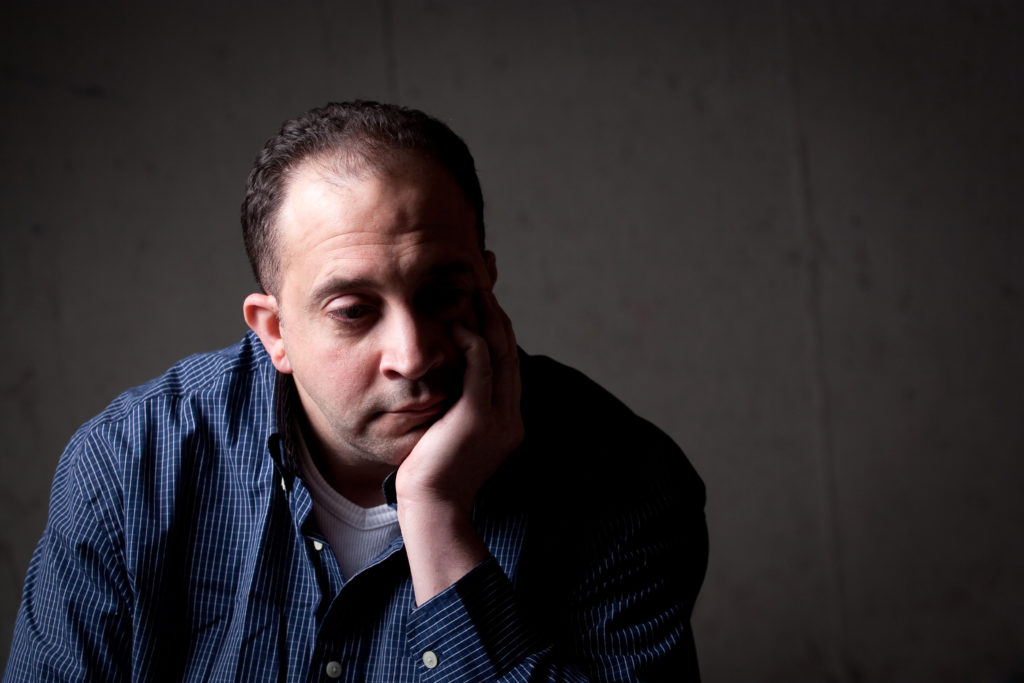“You can’t make people forgive each other, and we can’t judge them if they don’t because it’s their private domain. All we can do is show love, encourage, set the stage, open the space, and let God do the rest,” says Our Lady of Peace Chaplain Judith Oberhauser. “We are all broken people who need love to survive. God is patient and will love us towards a healing heart.”
Believe it or not, sometimes grief will hit you hard after the death of a family member you weren’t fond of; a parent who injured you physically and/or emotionally, or a sibling who was cruel. Why? Because there is unfinished business and words left unsaid that can no longer be spoken. That’s why Judith encourages people to try to work through the hurt and resentment while the person is still with living. “Sometimes, if you can see each other as flawed people, you can come to a better understanding of where a lifetime of hurt and disappointment has come from,” says Judith. “Maybe you can see the person in a larger context and understand the struggles that led them to abuse or neglect.”
When Judith encounters family members who are at odds with each other at end of life, she doesn’t try to fix it. She simply encourages them to focus on love towards the dying person. “Often times I find that people don’t even know what they’re angry about, but if they are able to talk it through and express honest feelings, it helps. Expressing honest feelings like, ‘You hurt me, but I’m here because mom would want me to be’ and ‘I’m here, but I’m still angry with you’ are okay because they could lead to a deeper conversation.” Judith will sometimes ask a person struggling with forgiveness towards an abusive parent if they know if their parent experienced childhood pain and suffering that could have led to the abuse. “If you can see your parent as a child, you may be able to process where the abuse came from and understand their pain now that you’re a mature person. This can enlarge your heart and give them grace.”
Often where there is huge pain in a family, parents and adult children are drenched in guilt that turns to anger, but Judith says forgiveness is possible. “I’ve seen dying people reach out to a loved one with a smile, a glance, or outreached hand. Even a simple gesture like a raised eyebrow can send a signal that is received as, ‘Maybe she does love me.’ Healing happens in non-verbal moments. It’s symbolic language that is transformative and can lead to acceptance of our humanity and brokenness, if we forgive ourselves first.”
Judith believes people mistake love as a feeling, when the reality is we need love to survive. “The language of love has become narcissistic,” she says. “Pure love is an energy that runs through us and opens us up to good things. If we can find the beauty, love can be saved. Sometimes beauty can be found in just one happy memory, one day of happiness you shared.”
Love, beauty, goodness, and truth help Judith frame a situation in a larger context. She strives to be present, tolerant, and supportive through people’s pain, and not nonjudgmental amid their woundedness. “It’s okay to feel wounded and not shed a tear for the passing of someone who hurt you. The important thing is knowing you did your best to be honest and work towards forgiveness for your own sake, as well as the person who passed way. And, if you decide not to do that, you will be okay with your decision.”
